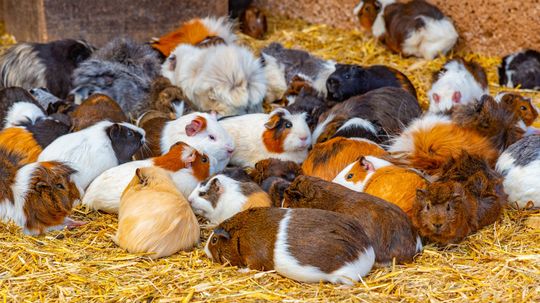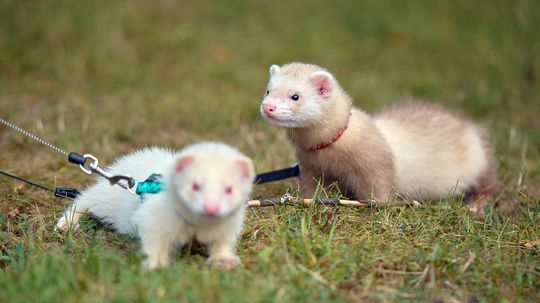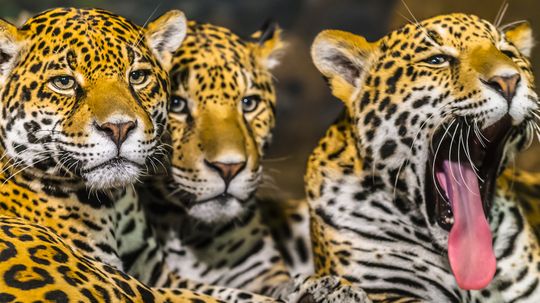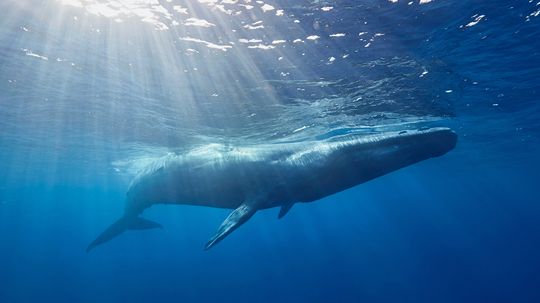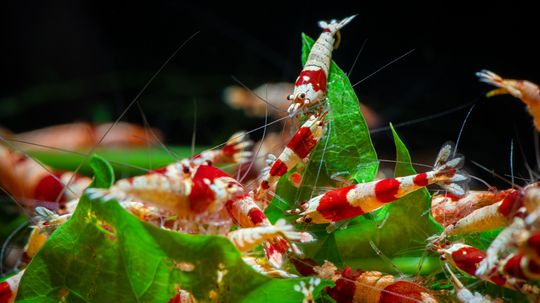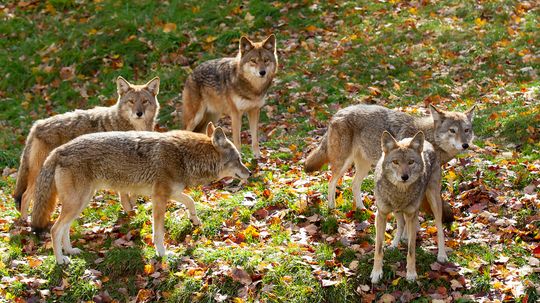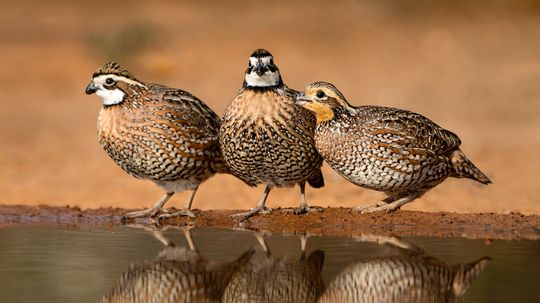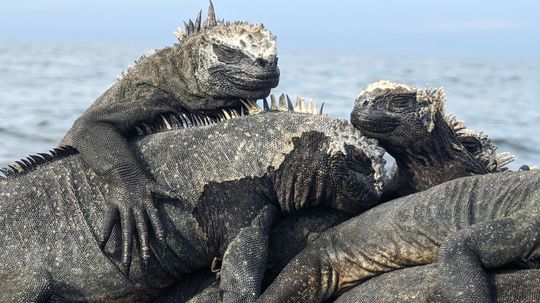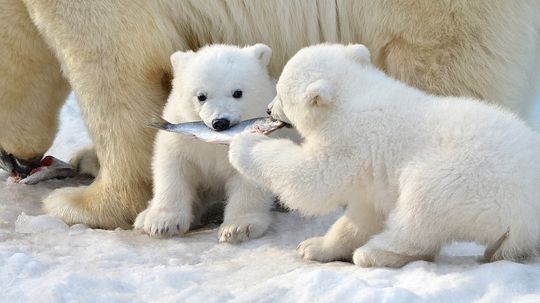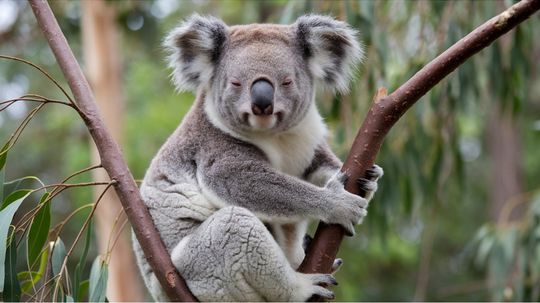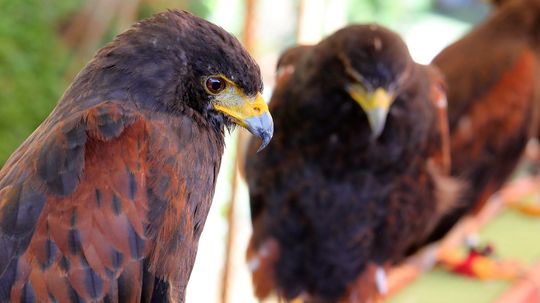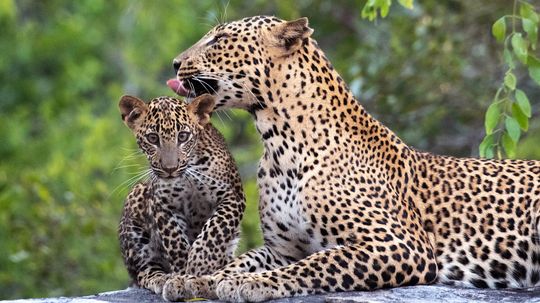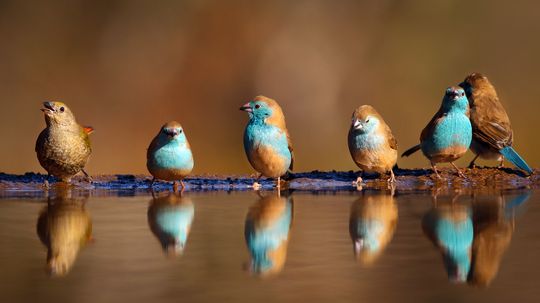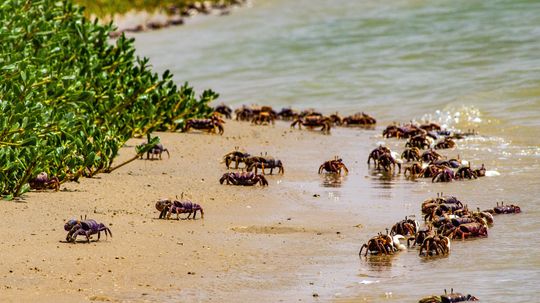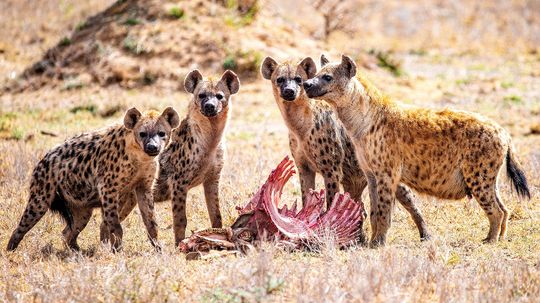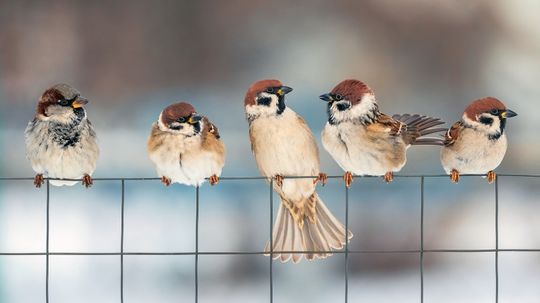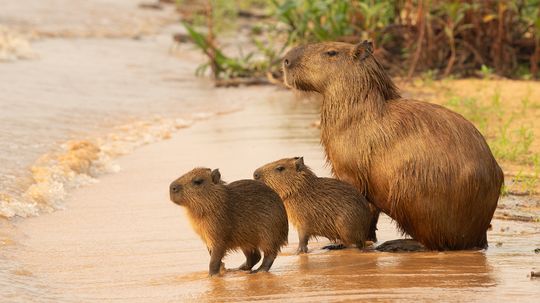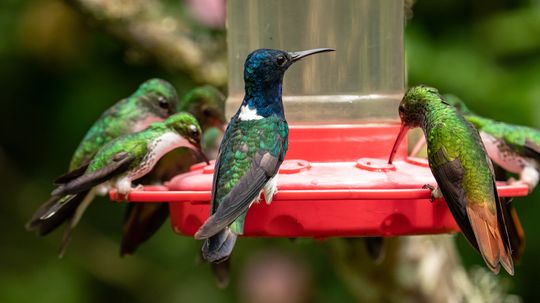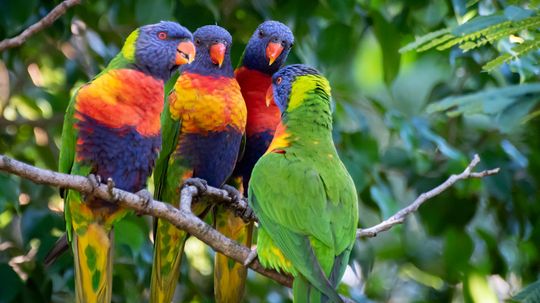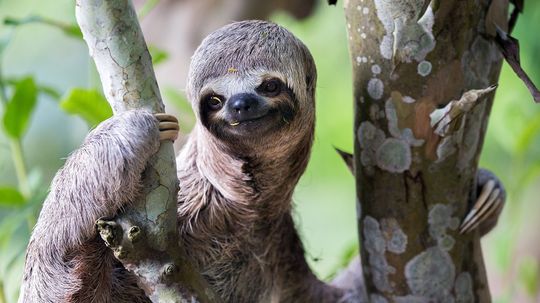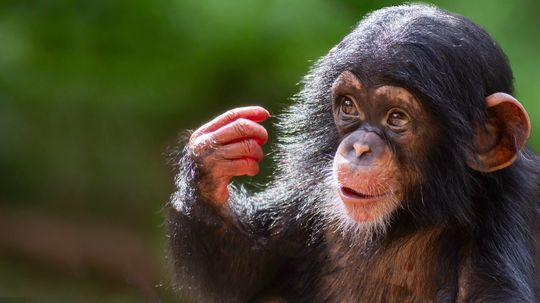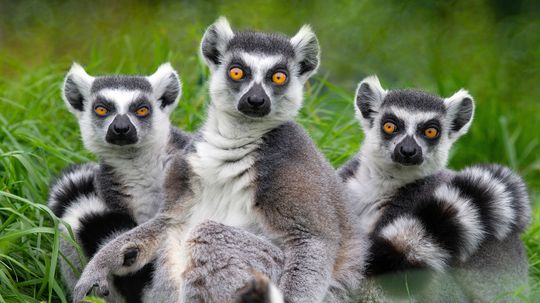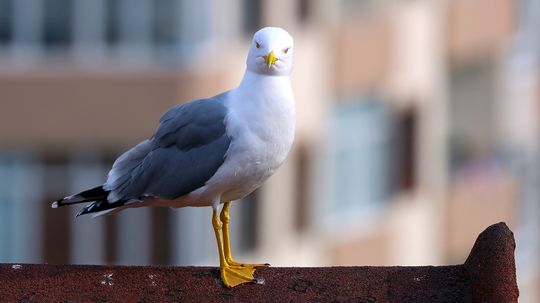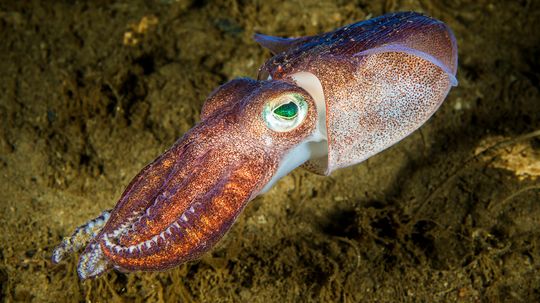Wild Animals
Whether they crawl, fly, swim, slither, walk, run or pounce, wild animals rely on their instincts. Read about all kinds of wild animals, mammals, birds, fish, insects, reptiles and amphibians.
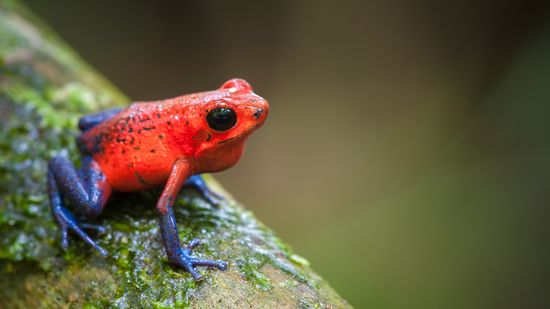
12 Colorful Frog Species: From Tie-dyed Designs to Rare Hues
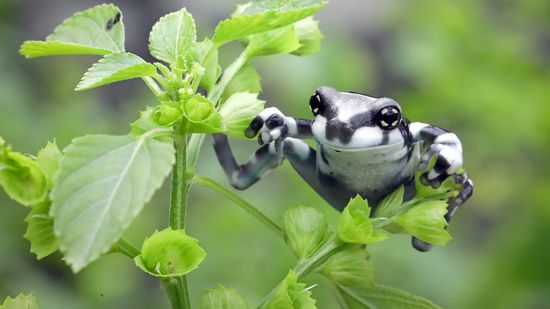
Amazon Milk Frog: Named for Its Defense, Not Its Color
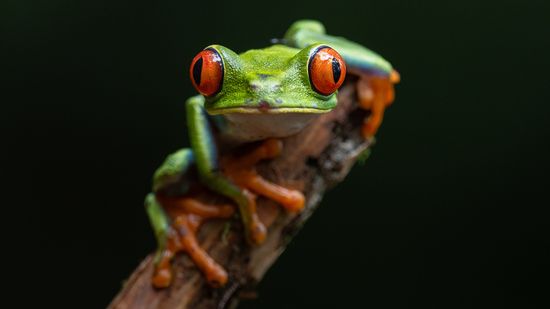
The Red-eyed Tree Frog Has Extremely Sensitive Skin
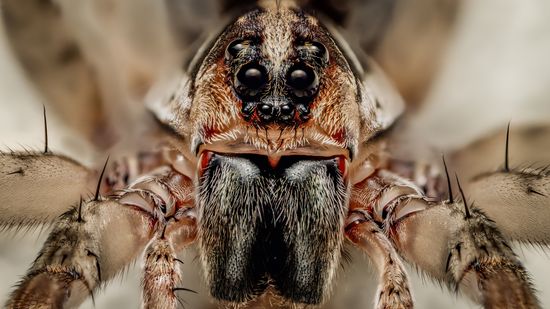
What Is a Group of Spiders Called? (Aside From Icky)
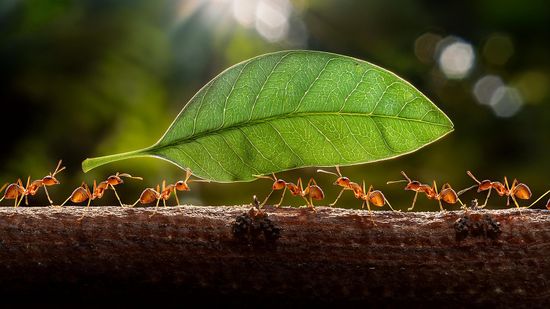
What Is a Group of Ants Called? Army vs. Colony vs. Swarm
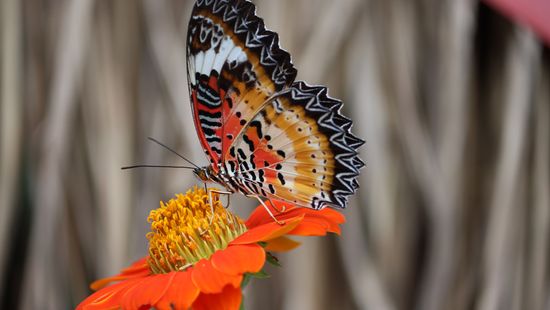
10 Red Butterfly Species Found From India to Florida to Europe
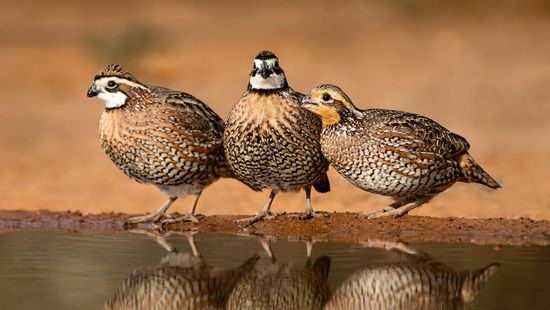
What Is a Group of Quail Called? Why You Should Give a Flock

What Is a Group of Hawks Called? It's About the Shape They Take in Flight
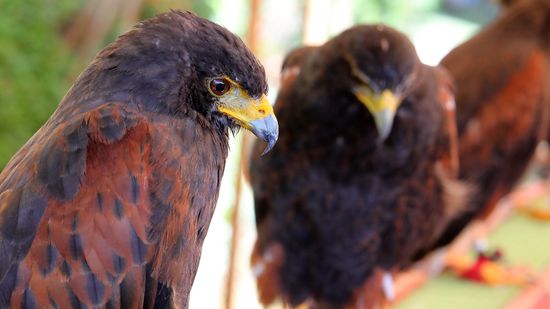
What Is a Group of Buzzards Called? Depends, Are They Feeding or Flying?
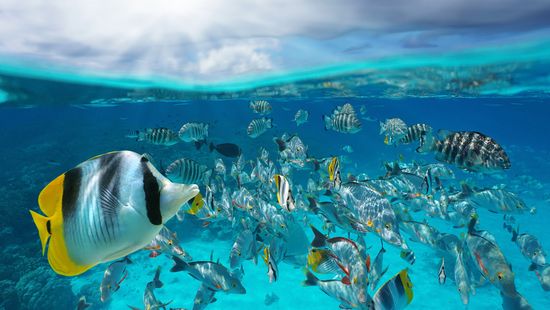
What Is a Group of Fish Called? Not Always a School
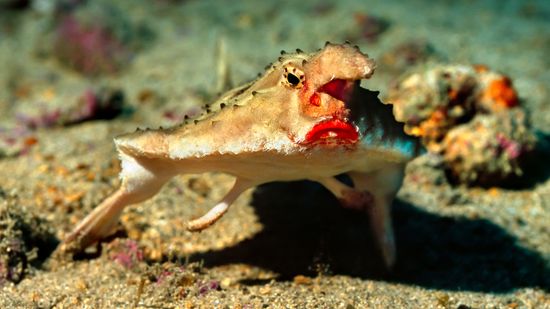
10 Weirdest Fish in the World: Batfish, Hairy Frogfish, and More
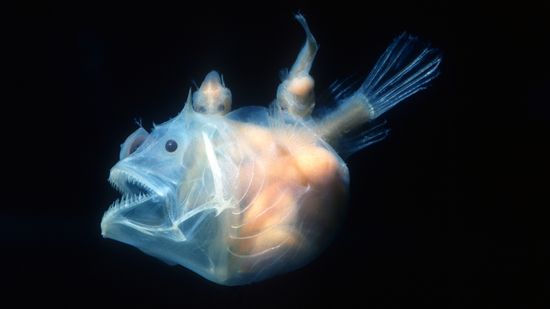
10 Scariest Fish Lurking in Rivers, Deep Ocean Waters, and Shells
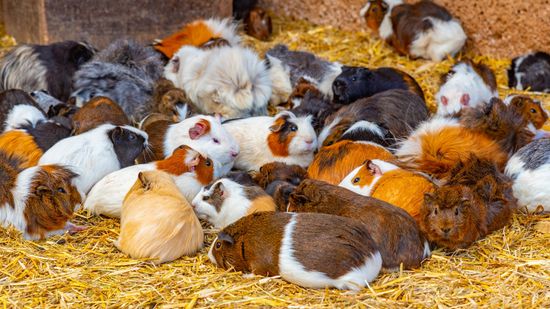
What Is a Group of Guinea Pigs Called? It's Bigger Than You'd Expect
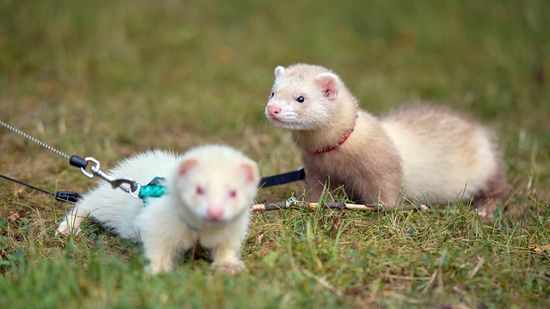
What Group of Animals Is Called a Business?
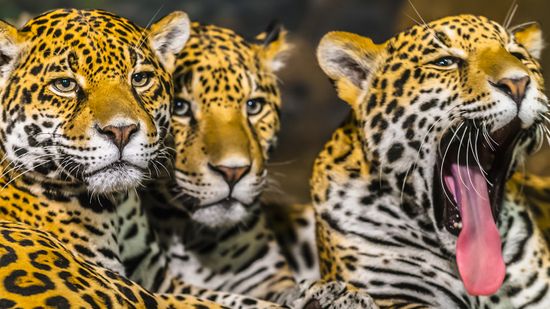
What Is a Group of Jaguars Called? Sounds Shady...
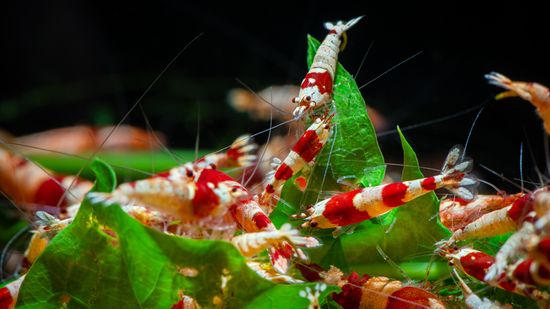
What Is a Group of Shrimp Called? (Hint: You'd Use the Term for Bugs)
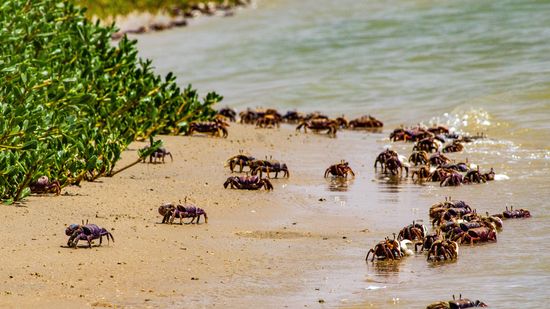
What Is a Group of Crabs Called? A Scuttle, a Clamor, a Cast?
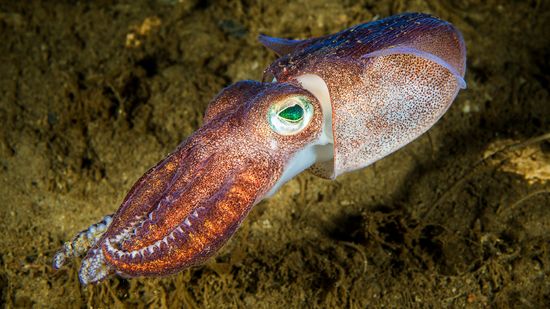
What Is a Group of Squid Called? Not a Squad, Unfortunately
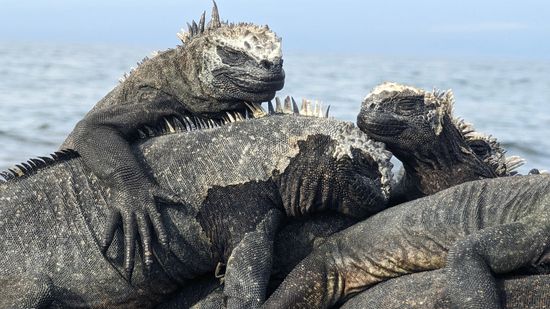
What Is a Group of Lizards Called? Not a Colony or a Pile but a...
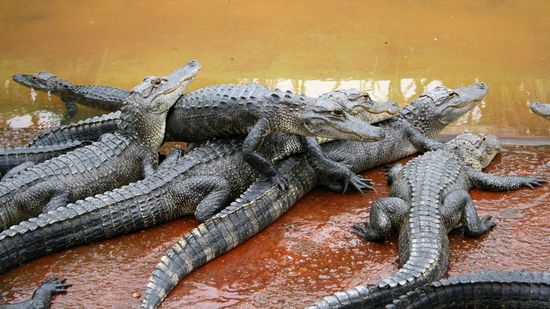
What Is a Group of Alligators Called? It Sounds Surprisingly Formal
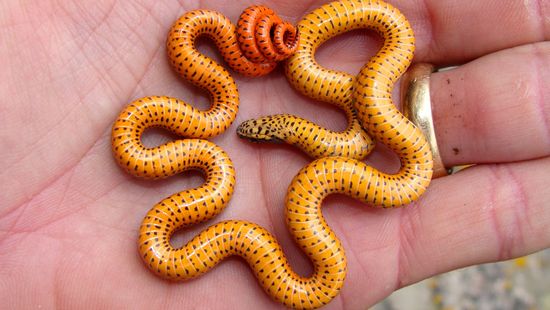
10 Cutest Snake Species That Have Us Squeeing
Learn More
If you have ever wondered, "What is a group of guinea pigs called," you are not alone. These chatty little cavies make so many sounds, it feels like they should have a team name.
When you ask, "What group of animals is called a business," you enter the quirky world of collective nouns.
By Nico Avelle
What is a group of jaguars called? It's one of those questions that sends people down a rabbit hole of animal group names. The short answer: There is no official collective noun for jaguars, but some sources suggest "a shadow of jaguars."
By Nico Avelle
Advertisement
The pattern of blue whales going silent has become a troubling in the Pacific Ocean, and scientists are paying close attention. Recordings show strong seasonal and year-to-year variation in blue whale vocalizations—including periods with lower detected calling—and scientists are concerned.
By Nico Avelle
"What is a group of shrimp called" is a common Google search, especially when people start comparing shrimp to fish, crabs, or even cats.
By Nico Avelle
If you have ever wondered, "What is a group of coyotes called," the answer is: a pack. A group of coyotes is most commonly called a pack.
By Nico Avelle
If you have ever wondered, "What is a group of quail called," the answer is: a covey.
By Nico Avelle
Advertisement
If you have ever wondered, "What is a group of lizards called," the answer is simple and a little playful. A group of lizards is called a lounge. Yes, really—a lounge of lizards.
By Nico Avelle
If you have ever wondered, "What is a group of polar bears called," you are not alone. The short answer: A group of polar bears is called a sleuth. Yes, sleuth—like a detective on the ice.
By Nico Avelle
People often wonder, "What is a group of hawks called," when they see many birds circling high in the sky. Hawks are generally solitary birds, so the answer depends on context rather than a single catchall word.
By Nico Avelle
Koalas are iconic Australian animals, but people often pause when asked, "What is a group of koalas called?" The short answer is that there is no widely accepted official collective noun for koalas.
By Nico Avelle
Advertisement
Buzzards soar on rising air currents, often circling high above fields and forests. But what is a group of buzzards called? As with many birds of prey, there’s more than one term, each tied to the birds’ behavior and setting.
By Nico Avelle
Leopards are known for their stealth, power and solitary lifestyle. So what is a group of leopards called? These elusive big cats aren’t often spotted in numbers.
By Nico Avelle
The English language is full of imaginative ways to describe groups of animals. You’ve probably heard of a murder of crows or a parliament of owls. But what group of animals is called a charm?
By Nico Avelle
Crabs scuttle along the ocean floor, dig in the sand and wave their claws during territorial standoffs. But what is a group of crabs called? These quirky, armored creatures actually have more than one collective noun.
By Nico Avelle
Advertisement
They laugh, they hunt, they challenge lions—and they do it all in groups. But what is a group of hyenas called? The answer depends on whether you're talking to a wildlife expert or swapping animal facts with friends.
By Nico Avelle
If you’ve ever watched sparrows flutter around your yard or city park, you know they rarely sit still. But what is a group of sparrows called? The answer may not be as famous as a murder of crows or a gaggle of geese, but it’s every bit as descriptive.
By Nico Avelle
Capybaras are the world’s largest rodents, known for their laid-back attitude and love of water. But what is a group of capybaras called? Like many social animals, they have a fitting collective noun that reflects how they live and interact in the wild.
By Nico Avelle
You’ve probably seen hummingbirds darting around your yard or at a feeder, shimmering like flying jewels.
By Nico Avelle
Advertisement
You may have heard a group of lions is called a pride, and a group of crows is called a murder. But what is a group of parrots called? The answer is almost as noisy as the birds themselves.
By Nico Avelle
If you've ever seen a sloth move, you know they take their time. So it might be surprising to learn there's a collective noun for them at all.
By Nico Avelle
Apes are among the most intelligent animals on Earth, closely related to humans and deeply social in the wild.
By Nico Avelle
Lemurs are social, wide-eyed primates found only on Madagascar and the nearby Comoro Islands. But what is a group of lemurs called?
By Nico Avelle
Advertisement
Ever wondered what to call a bunch of seagulls? You're not alone.
By Nico Avelle
If you've ever seen a pack of squid swirling through the sea, you might wonder, what is a group of squid called?
By Nico Avelle
